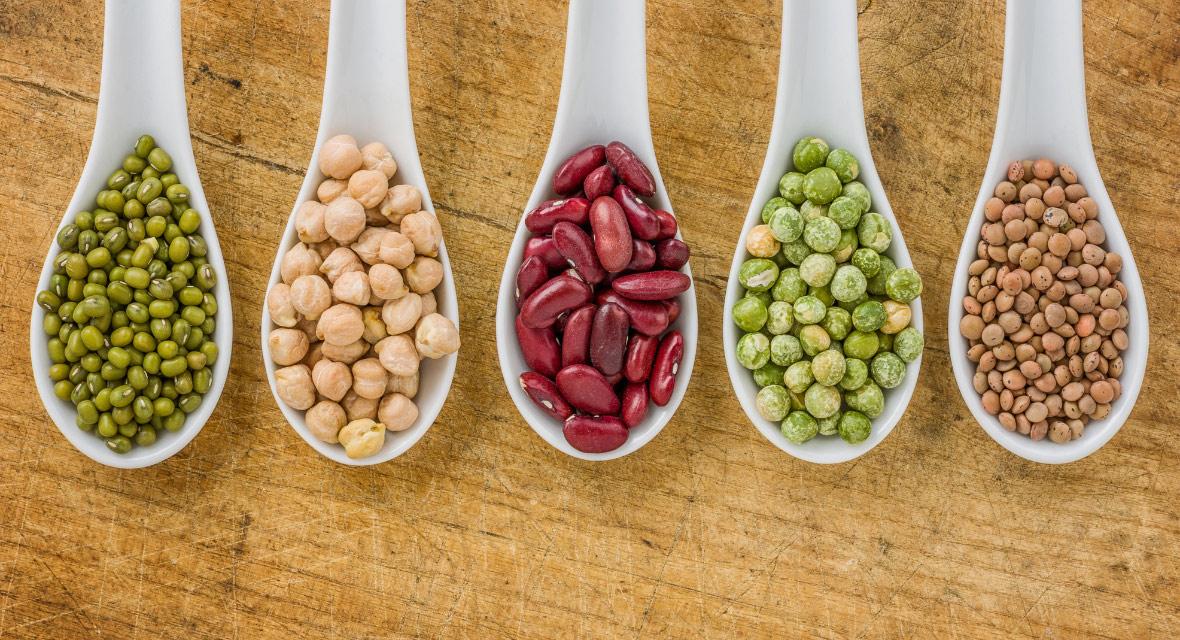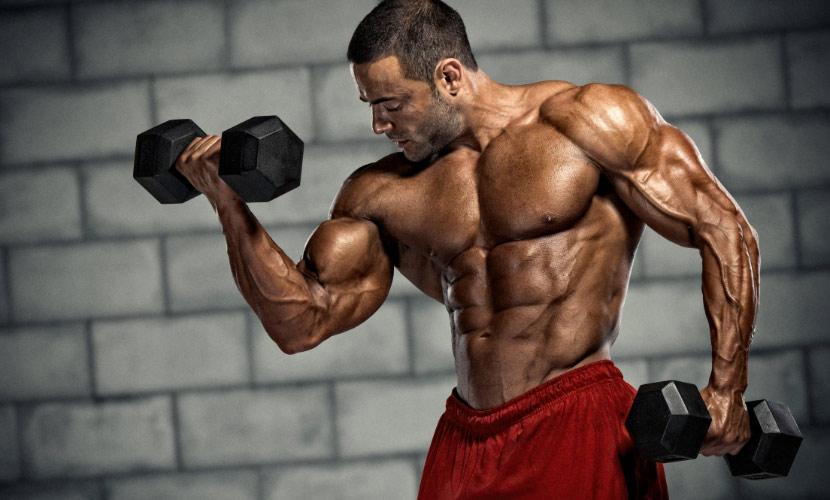🏆 As seen and loved on Shark Tank Dubai 🏆

Pea Protein
Is Pea Protein Good For You?
Pea protein is a protein obtained from yellow peas and used as a supplement. It is vegan and hypoallergenic, making it ideal for any diet. It is used to improve the protein level in smoothies and shakes.
Pea protein includes iron and is considered to be of high quality. It aids in weight loss , muscular building, and cardiovascular health.
Nutritional Benefits of Pea Protein
Pea protein powder, also known as preprotein isolate, is manufactured from yellow peas and is commonly separated to form a beige powder and gives you a variety of nutritional benefits. Many of us often ignore the nutritional benefit that pea contains and that can severely affect our bodies in the long run.
The nutritional composition of a product might differ from one brand to another, and two scoops (20 gm) of pea protein powder generally contain the following:
- Calories: 80
- Carbs: 1 gm
- Fiber: 1 gm
- Protein: 15 gms
- Total Fat: 1.5 gms
- Iron: 5mg
- Sodium: 230 mg
High-Quality Protein Source
To stay alive, our bodies require 20 amino acids, nine of which must be supplied from food. These nine amino acids are treated as “Essential Amino Acids,” or EAAs. These are present in pea protein powder. The methionine content is relatively low. To compensate for this, you can take other methionine-rich food like poultry, fish, and brown rice as a part of your diet.
Branch-chain amino acids, especially arginine, which promotes heart health and blood flow, are abundant in pea protein. Leucine, valine, and isoleucine help in muscle growth.Branch-chain amino acids, especially arginine, which promotes heart health and blood flow, are abundant in pea protein. Leucine, valine, and isoleucine help in muscle growth .
In general, animal proteins digest and absorb more quickly than plant-based proteins. Just falling behind soy protein and chickpeas, pea protein is still one of the most easily digested plant-based proteins.
Rich in Iron
Pea protein powder has a high iron concentration. Men and premenopausal women have different iron levels. Premenopausal women get 28%-42% of the daily recommended consumption, whereas postmenopausal women and men get 62%-94%.
Iron is abundant in both plant and animal foods, although iron in plant foods is less absorbable than iron in animal foods.
Health Benefits of Pea Protein
Pea protein powder does not only have high nutritional value but is also suitable for one's health.

Builds Muscle Mass
Resistance training paired with pea protein powder can help to build muscles. It is believed that men lifting weights who take around 50 gm of pea protein per day can gain the same amount of muscle mass as those who consume whey protein
This shows that pea protein powder is crucial in building muscle mass like so many other dairy-based protein powders available. It is important to note that pea protein powder should be followed by vigorous exercise, or it might not increase muscle mass.
Effectiveness
Pea protein is a vegetable protein powder that is complete by itself, meaning that it does not contain all nine amino acids.
Vegetable protein should be improved by combining it with other protein sources or supplementing it with additional sources such as branch-chain amino acids. Acting in this way may create a high-quality protein.
Many companies do mix pea protein with other protein sources to produce all amino acids. Pea has adequate protein, and it can compete easily with animal sources.
Side Effects of Pea Protein
Pea protein powder taken in incorrect doses can produce severe outcomes. Some of the side effects that people suffer from while consuming pea protein are given below:
- Bloating
- Gas
- Diarrhea
- Constipation
Some companies use enzymes to reduce the occurrence of these symptoms.
How to Use Pea Protein?
Pea protein is easy to consume, as instructions are given on the label. Excessive consumption of pea protein may result in adverse effects, including stomach discomfort.
The most common way to enjoy it is to combine it with water or milk and drink it. If you are vegan, then you can combine it with plant-based milk as well. It's also good in porridge. People often consume one or two scoops of pea protein before or after a workout.
Alternatives to Pea Protein
There are many vegan-friendly and lactose-free products in the market that can act as an alternative to pea protein if you don't want them in your diet, including:
- Chia seed
- Hemp seed
- Tofu
- Quinoa
- Chickpea
- Lentils
- Tempah
These products offer the vegetable option for protein supplementation. Companies mix pea protein with other blends to create an amino acid profile.
Various Pea Protein Powders

Peas are a source of high protein, and pea protein powder makes its intake manageable. It is easily absorbed and digested by our body, making it a popular protein supplement. The different types of pea protein powder found in the market are listed below.
- Pea Protein Isolate: This type of powder, when prepared, removes all the compounds present except the protein, which is collected as the residue.
- Pea Protein Concentrate: It has a high protein content though there are other compounds present in it as well.
- Pea Protein Hydrolysates: Hydrolysates break down the protein through heat, acid, or enzymes using specific processes.
Pea protein powder is naturally vegan, gluten and dairy-free, and devoid of eight allergens-eggs, fish, tree nuts, peanuts, shellfish, cow's milk, wheat, and soy. You can make it part of your healthy meal plans to support your fitness goal.
Pea protein is also easy to blend with water and has a less grainy and chalky feel than hemp protein. Protein powder provides excellent results if appropriately consumed, but anybody with sensitivity, allergy, and intolerance should try to avoid it.
Final Thoughts
Among plant-based protein powders, pea protein is an underappreciated champion. It is primarily protein, and it's high in vital amino acids (especially muscle-building BCAAs). It is easily absorbed and digested.
Furthermore, it is also easy on your tongue since it has a nice flavour and readily dissolves in water. Pea protein powder, like whey and casein, is a feasible supplement alternative. So, there is no reason for you to not include it in your diet.
Reach out to start your fitness journey with us!
Meal Plans
Delivery Details
Legal Information
© 2020-2026 VMeals. All rights reserved. VMeals™ is a trademark of Flip Side Restaurant and Cafe L.L.C
We accept
